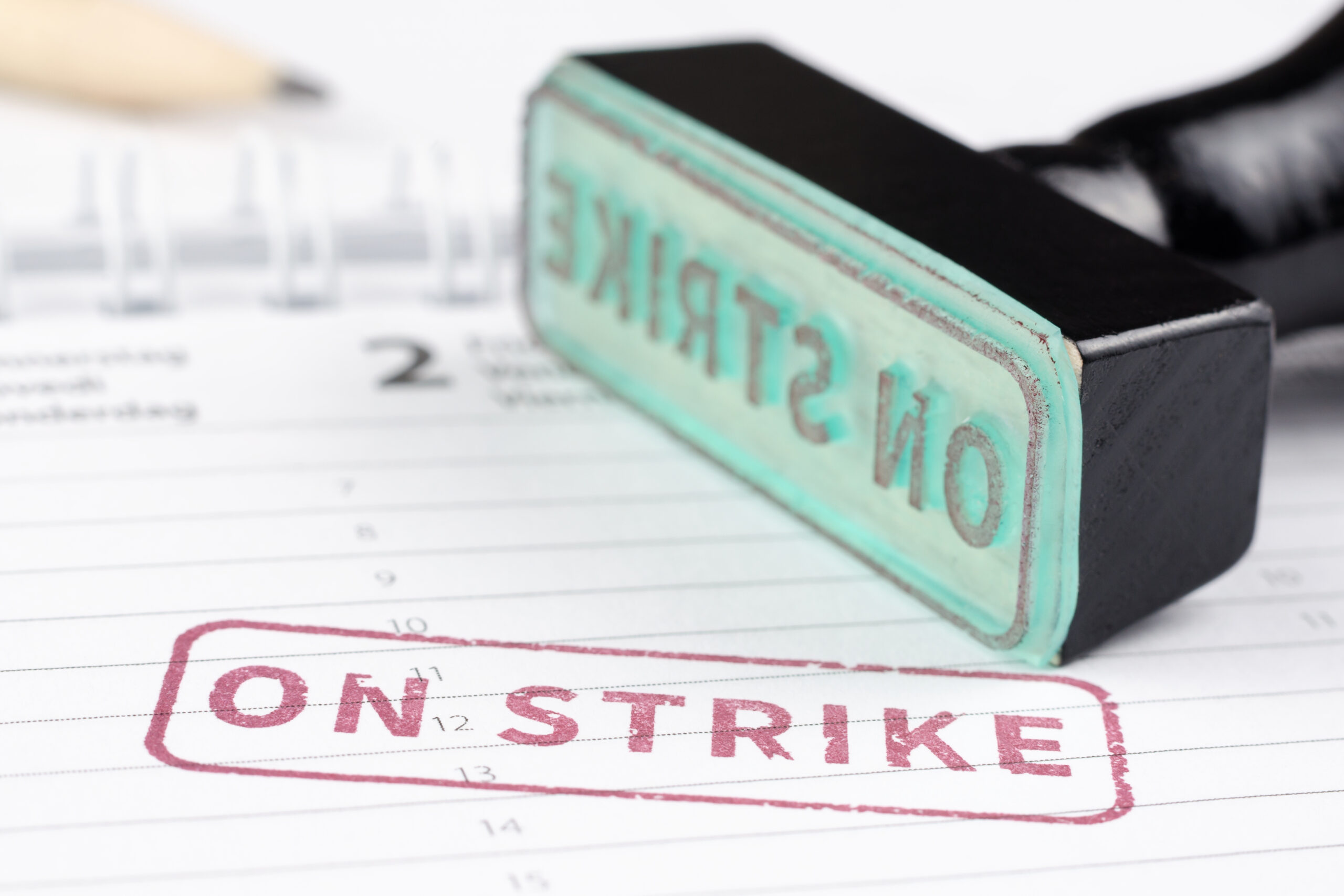
Ministry of Education support staff will strike from Tuesday 22 July. © chase4concept- stock.adobe.com
<h2 data-olk-copy-source="MessageBody">Around 800 Ministry of Education specialist staff will strike tomorrow. </h2>
<p>Specialist staff with New Zealand&#8217;s largest education union, NZEI Te Riu Roa, will strike this week, citing collective agreement offers which didn&#8217;t address the issues they raised. Concerns include long waitlists for children, inadequate staffing and excess overtime.</p>
<p><a href="https://www.schoolnews.co.nz/latest-print-issue/" target="_blank" rel="noopener"><b>Read the latest print edition of <em>School News</em> online HERE.</b></a></p>
<p data-olk-copy-source="MessageBody">Specialist staff include field staff (including speech language therapists, early intervention teachers, occupational therapists, psychologists, kaitakawaenga and advisers on deaf children), service managers and support workers will strike for two hours from 10am on Tuesday 22 July.</p>
<p>They will picket the Ministry of Education’s Wellington headquarters and other Ministry offices across the motu. Most locations will see staff walk-outs and roadside picketing. Staff will also participate in marches, and in Taupō members will gather outside National MP Louise Upston&#8217;s office. </p>
<p>The following day service managers and field staff will move to a partial strike, working to rule for a month from July 23. That means they will not take on new cases and only work their allocated hours. </p>
<p>Field staff will work a maximum of 38 hours per week and not take on new cases. Service managers will work 40 hours per week and stop assessing requests for support. </p>
<p>Speech language therapist and member of the NZEI Te Riu Roa governance group, Conor Fraser, says staff feel as if they have little option besides industrial action as they feel unheard.</p>
<p>“We have children sitting on waiting lists for too long, the staffing is inadequate and we’re doing too much overtime. While dealing with all of this, we tried to negotiate our collective agreement and received an offer that didn&#8217;t address our issues.</p>
<blockquote>
<p>“We want to be at work doing what we love and think is so important – supporting tamariki with additional needs – but we have to get our message across: children need more support, and so do we.” </p>
</blockquote>
<p>NZEI members will be joined in some locations by their Public Service Association Te Pūkenga Here Tikanga Mahi (PSA) colleagues, who are negotiating separate collective agreements. </p>
<p>Ministry of Education staff represented by the PSA have now been negotiating collective agreements for nine months. These staff work on programmes to support educators, such as education reform and managing emergency responses. </p>
<p>National Secretary for the PSA Fleur Fitzsimons says the strike is in response to the government&#8217;s &#8220;hostility&#8221; against modern workplace practices, and their &#8220;miserly pay offer.&#8221;</p>
<p><span data-olk-copy-source="MessageBody">&#8220;We don’t take this step lightly and will continue to press the Ministry to come back to the table with a fair offer,&#8221; Fitzsimons said.</span></p>
<p> ;</p>

Te Akatea Inc., the National Māori Principals’ Association has released a discussion paper reflecting on…
AI could help support attendance strategies with data analysis and more for schools looking to…
Stuffy, poorly ventilated spaces can lead to reduced concentration, reasoning, and memory performance, writes Dr…
Fitness has been made fun and accessible following a student-led push for outdoor gym equipment…
A central Auckland preschool has teamed up with a street artist to create an interior…
Since 2015, fewer students are completing secondary school, defined as remaining enrolled in education until…
This website uses cookies.